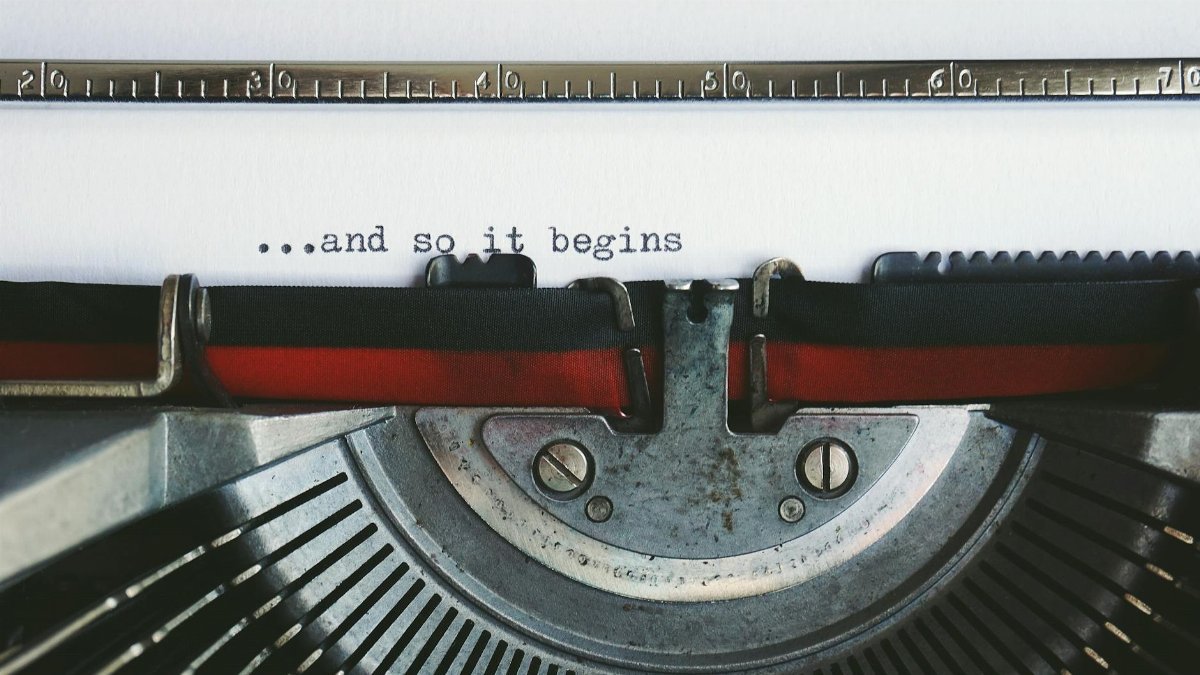Is a simple monday gratitude email the key to better workplace vibes? In just 12 words, a quick note of thanks can transform a dreary Monday morning into a moment of connection. Across the U.S., teams are discovering that a tiny gesture of appreciation—sent at the start of the week—can lift spirits and set a positive tone. It’s not just fluff; it’s a practical way to build stronger bonds. Here’s how this small act is making a big impact in offices everywhere, and why you should try it.
What Is a Monday Gratitude Email?

A monday gratitude email is a brief message of thanks sent to colleagues or team members at the start of the workweek. Typically just a sentence or two, it acknowledges someone’s effort, support, or positive attitude. The goal? Kick off Monday with a burst of positivity. It’s a low-effort, high-impact way to foster goodwill, especially when everyone’s dragging after the weekend.
Why Mondays Matter for Gratitude

Mondays often feel like a slog—back-to-work blues hit hard. Sending a gratitude email on this day can counteract that negativity. It’s a strategic moment to reset the mood, showing appreciation when people least expect it. Studies suggest positive reinforcement early in the week can improve productivity and morale. A quick note might be the nudge someone needs to power through.
The Power of 12 Words

Keeping it short is key. A 12-word message—like “Thanks for your help last week; it made a huge difference!”—says enough without overwhelming the recipient. Brevity ensures it’s read and felt, not buried in a long email. The simplicity makes it easy to write, even on a busy Monday morning, and still delivers a genuine punch of appreciation.
Impact on Team Morale

Gratitude in the workplace isn’t just nice—it’s transformative. Research from the Greater Good Science Center at UC Berkeley shows that expressing thanks boosts employee engagement and reduces stress. A monday gratitude email can create a ripple effect, encouraging others to share appreciation too. Teams feel more connected, even in remote or hybrid setups common in 2025.
Overcoming the Awkwardness

Some hesitate to send these emails, fearing they’ll seem forced or cheesy. The trick is sincerity—focus on a specific action or quality you genuinely value. If it feels unnatural, start small with one person. Over time, it becomes a habit. Most recipients welcome the gesture, especially when it’s authentic and concise.
How to Craft Your Own

Writing a monday gratitude email takes seconds. Pick one person each week. Mention something specific they did, like a project contribution or a kind word. Keep it under 12 words if possible. Hit send before lunch to start their day right. Tools like email templates can help if you’re stuck, but personal touches matter most.
Real Results From Small Gestures

Companies embracing gratitude practices report happier workplaces. A study by the Society for Human Resource Management (SHRM) found that 81% of employees feel motivated when appreciated regularly. One-sentence emails on Mondays are a simple entry point. They’re not just emails—they’re building blocks for a better team culture in offices nationwide.
